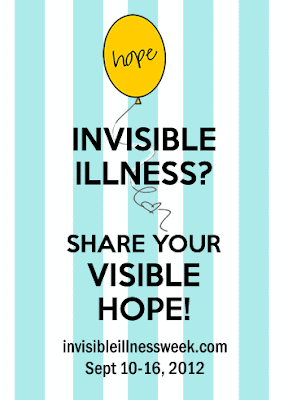Did you know November is National Family Caregivers Month? I didn’t, until CaringBridge reached out and let me know about their celebration of family caregivers. This awareness month comes during a time of year when we are particularly reflective and attuned to gratitude and the blessings of family, but if you’ve been following my blog lately, you know why the timing of this is particularly compelling for me:
We’re currently trying to find my father a match for a living donor kidney transplant. The ongoing coordination of this outreach requires a lot of time and energy, and more than that, the emotion of it is intense. This isn’t just a cause or a platform or some hypothetical advocacy—this is my father’s life.
None of us, especially my father, are new to caregiving. For example, just before my daughter was born my mother had a catastrophic health event that has forever changed her life and all our lives, and we’ve all juggled going to doctor appointments, picking up prescriptions, staying overnight, cleaning, cooking, doing errands, coordinating care, and managing the emotions that come with seeing people you love suffer and not being able to change it.
The National Family Caregivers Association writes, “Day in and day out, more than 65 million family caregivers in this country fulfill a vital role on the care team. No one else is in a better position to ensure continuity of care. Family caregivers are the most familiar with their care recipients’ medicine regimen; they are the most knowledgeable about the treatment regimen; and they understand best the dietary and exercise regimen.” It is a privilege, and a huge responsibility.
I write this from the perspective of both a caregiver (at times) as well as a patient, someone who has to rely on my husband and relatives when I am the one in a crisis, when I am in the hospital, or unable to leave the house. It is humbling to need to ask and rely on help, and it is challenging in many other ways to be the one providing care. Family caregivers, especially spouses, handle an incredible amount of stress on top of the everyday realities of work, household obligations, etc.
Typically, you don’t see sponsored posts* here. There are many reasons for that, (perhaps another post on its own?) but this time, the themes are so incredibly relevant and authentic to what I’m talking about on this blog, and the company, CaringBridge, is a nonprofit organization I truly admire and have utilized many times over the years, so it seemed like a natural fit. CaringBridge offers patients and families free websites to tell their stories, post updates, and communicate. It offers many ways for people to care for each other during any type of health event and is available 24/7, free to use, and accessible to anyone, anywhere.
Through CaringBridge sites I’ve followed little children fighting cancer, preemies in the NICU, and fellow health writers who just want a safe space to focus on the medical updates in their lives. There is room for photos, messages of support, and other personalized touches, including multiple privacy settings, that help connect patients and families in crisis. There is no advertising on CaringBridge; it is dedicated to families, not profits. That really resonates with me.
Coordination of care is always challenging, especially during acute health crises. After leaving an inpatient team meeting or getting important test results, it can be overwhelming to have to call and e-mail everyone to keep them posted, or keep track of all the details that need to be handled. Friends and family usually really want to help, but it’s sometimes hard to ask for specific, concrete things. In response to user requests to help centralize support, CaringBridge now offers CaringBridge SupportPlanner, an online calendar that helps family and friends coordinate care and organize helpful tasks, like bringing a meal, offering rides, taking care of pets and other needs.
I have been the patient in the ICU bed, struggling to keep friends and family in the loop, and I have been the relative huddled out in the corridor, trying to send texts, answer e-mails, and make sure someone has gone grocery shopping. I am glad services like CaringBridge sites and CaringBridge SupportPlanner exist—living with illness and caring for people with illness is hard enough. Some of the details should be easier to manage.
I am pleased CaringBridge is taking time to raise awareness for family caregivers, and acknowledge all they do on a daily basis to advocate for their loved ones, and I am grateful to have supportive caregivers, friends, and family in my own life. This month, take a moment to acknowledge those you know who are caregivers, and tell us a little about them here—they don’t do it for praise or notice, but a little encouragement can certainly go a long way.
(*And any questions about sponsored posts? Let me know! I very rarely post them, and will always be transparent. This content is sponsored by Caringßridge. Any opinions expressed in the post are my own und not those of CaringBridge.)






